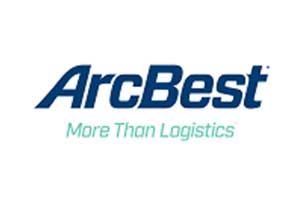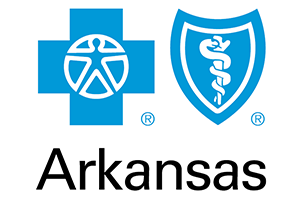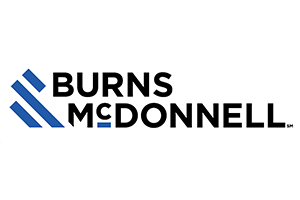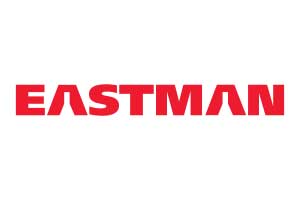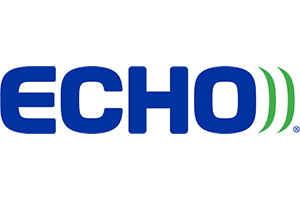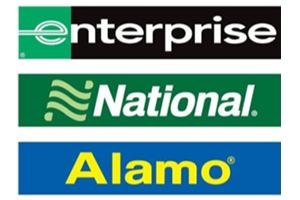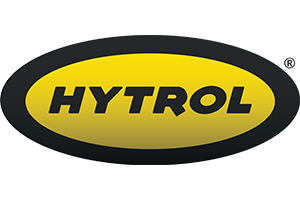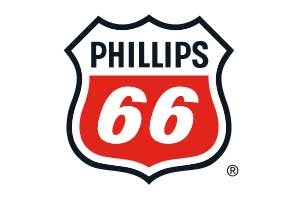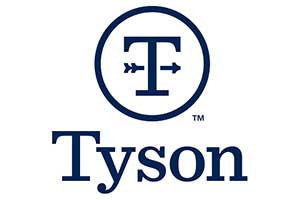College of Engineering
4183 Bell Engineering Center
Fayetteville, AR 72701
Phone: 479-575-7780
Coops and Internships
The College of Engineering recognizes the value of participating in a coop or internship to students during their degree; therefore, we developed the Cooperative Education and Internship Course to provide a mechanism to formalize the educational benefit of these experiences for our students. This webpage provides an overview of how employers and the College of Engineering work in tandem to provide educational opportunities to our students, whether those students are enrolled in the Cooperative Education and Internship Course or not.
Available Majors:
- Biological Engineering
- Biomedical Engineering
- Chemical Engineering
- Civil Engineering
- Computer Engineering
- Computer Science
- Data Science
- Electrical Engineering
- Industrial Engineering
- Mechanical Engineering
Undergraduate and Graduate Degrees
- Engineering
- Construction Management
- Operations Analytics
- Operations Management
- Environmental Engineering
- Engineering Management
- Materials Science & Engineering formerly known as Microelectronics-Photonics
Graduate Degrees
Connect with our students in ways that work for you by getting involved on campus!
Process Overview
When students submit an application to enroll in the Cooperative Education and Internship Course, you will receive an automated email with a link to our Job Placement Form asking for some basic information about the coop or internship description. You will also be asked in another emailed form to approve the learning objectives that the student submitted. When the semester is coming to an end, you will receive a final email requesting that you submit a brief evaluation of the student’s work.
Forms
Student Eligibility
- Must have completed 30 hours towards engineering degree.
- Must have a minimum 2.50 cumulative GPA.
- If working part-time (fewer than 25 hours) at the coop must be enrolled at least half time (6 hours, spring and fall terms only if U.S. Citizen; 12 hours, spring and fall terms only if International student).
- If working full-time (40+ hours) students must not be enrolled in more than 3 credit hours.
- If working full-time (40+ hours) at the coop students must have at least 12 hours of required course work remaining upon return to campus.
- Must not be enrolled in more than 3 credit hours if working full-time (U.S. Citizen); may only enroll during summer term per immigration and College of Engineering regulations (International Student).
- Transfer students (transferring 24 or more hours) must have completed 12 credit hours in the College of Engineering.
- International Students on F-1 Visa must have completed at least 30 weeks of study in the USA.
- These requirements are accurate as of February 2021 and are subject to change.
- Must have completed at least 6 hours of graduate level engineering courses meeting degree requirements at the University of Arkansas.
- Must have a minimum 3.0 cumulative GPA.
- If working part-time students must be enrolled at least half-time (5 credit hours, spring and fall terms only if U.S. Citizen; 9 credit hours, spring and fall terms only if International F-1 Visa student).
- If working full-time (40+ hours) students must not be enrolled in more than 3 credit hours.
- If working full-time (40+ hours) students must have at least 3 required hours (Masters) or 6 required hours (PhD) of course work/dissertation/thesis remaining upon return to campus.
- Must have approval of graduate committee chair prior to interviewing for coop.
- Must not hold a TA, GA, or RA position during the work experience if working full-time. No TA, GA, RA position during a part-time work experience without approval from major advisor.
- Must not be enrolled in more than 3 credit hours if working full-time (U.S. Citizen); may only enroll during summer term per immigration and College of Engineering regulations (International Student).
- International F-1 Visa students working full-time may only enroll during summer term per immigration and College of Engineering regulations.
- International students must have completed 30 weeks of study in the USA.
- A combination of GNEG 58001 (part-time coop) or GNEG 58101 (full-time coop) may be repeated for up to 3 hours of non-degree credit.
- MSOM students must have completed OMGT 5003 Introduction to Operations Management (with a grade of B or better) and one OMGT graduate elective directly applicable to the proposed internship experience.
- These requirements are accurate as of February 2021 and are subject to change.
1. What majors are available for internships and co-ops at the University of Arkansas’s College of Engineering?
- Biological Engineering
- Biomedical Engineering
- Chemical Engineering
- Civil Engineering
- Computer Engineering
- Computer Science
- Data Science
- Electrical Engineering
- Industrial Engineering
- Mechanical Engineering
Undergraduate and Graduate Degrees
- Engineering
- Construction Management
- Operations Analytics
- Operations Management
- Environmental Engineering
- Engineering Management
- Materials Science & Engineering formerly known as Microelectronics-Photonics
Graduate Degrees
2. When can students participate in an internship/co-op?
Students can participate in an internship or coop experience during any academic term (Spring, Summer, Fall) once they meet the student eligibility requirements. Students must apply for the Cooperative Education and Internship course during regular course enrollment, so it is unlikely that they will be able to get into the course in the middle of the semester. Please note that we do not allow students to take a full year off of school sequentially (i.e. working January through December) to participate in experiential education.
3. What is the average salary paid to students during an internship/co-op?
a. The co-op hourly wages average varies greatly by major and depends on undergraduate or graduate student classification. For specific information please contact Career Connections Coordinator Caleb Hatz by email, chatz@uark.edu, or by phone, 479-575-2422.
4. What is expected from our program during the student’s experience?
You will agree to…
- Complete all forms needed by the College of Engineering.
- Notify the Co-op Coordinator if problems arise with the co-op experience.
- Provide the student with meaningful learning experiences related to his/her academic program or career field.
- Give feedback to the student to enable him/her to learn.
- Ensure that the student will be treated as an employee during their tenure with your company.
- Consider students on an equal opportunity basis.
- Pay a fair wage for a student’s experience and education.
- Provide supervision to the student.
- Cooperate with site-visits by College of Engineering staff during student appointments.
- Develop a co-op description.
- Arrange for the student to have a designated work space.
- Hire the student for a minimum of 10 weeks.
- Properly train the student for the work tasks and conditions.
- Notify the Co-op Coordinator of staffing changes that will directly impact the student’s experience (i.e. supervisor).
- Provide diversified assignments for the student to experience a variety of skills.
- Allow the student to write about his/her experience at your organization with a moderate level of detail.
- Support and enforce the academic standards required to participate in the program as defined by the College of Engineering.
5. Why should I host an intern/co-op student?
- Develop high visibility with students, faculty, and staff.
- Help educate the next generation of engineers.
- Evaluate potential permanent hires through hiring temporary students and evaluating on-the-job performance.
- Identify high-achieving, talented students early.
- Provide assistance to your organization by having students support senior-level engineers with short-term and long-term projects.
- Reduce recruiting and training costs of hiring permanent employees.
- Infuse creative energy and up-to-date engineering education into your organization.
- Experience immediate productivity from new permanent hires that were co-op/intern hires first.
- Benefit from higher retention rates and higher job acceptance rates.
- Find students to contribute to a diverse employee base.
- Influence curriculum development to meet industry needs.
6. How do I recruit students?
You can recruit students through a variety of means, but the most common ones are using Handshake (UA’s online job database), using our College of Engineering ListServ, hosting information sessions, and attending the STEM Career Fair. Read about recruiting students through our ‘Get Involved’ page.
7. Who do I talk to if I still have questions?
If you still have questions, contact Kelsey Lavigne, Director of Career Initiatives for the College of Engineering. You can reach her at klavigne@uark.edu.
Thanks to Our Employer Partners!
